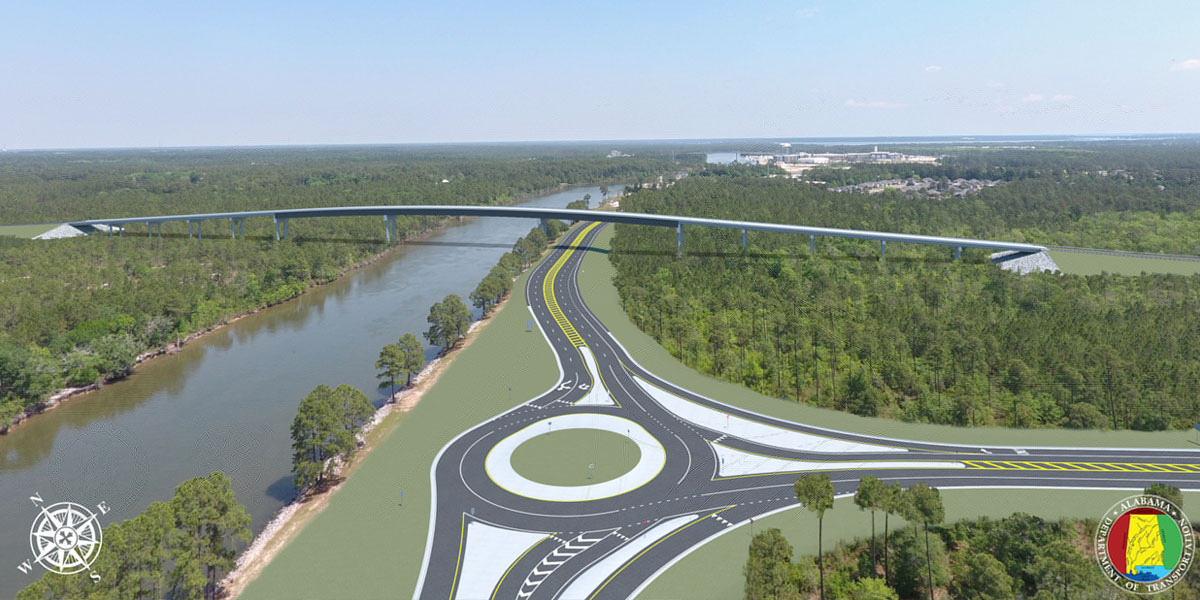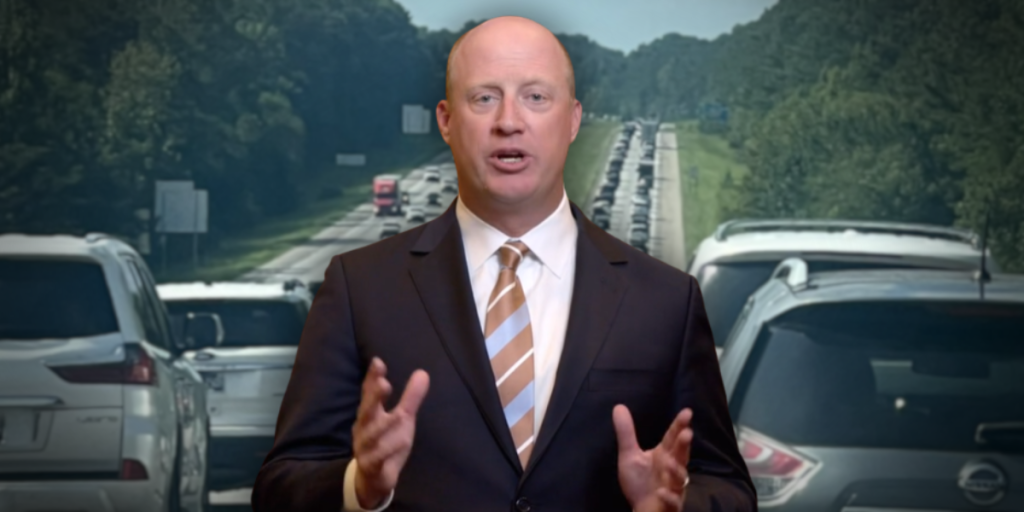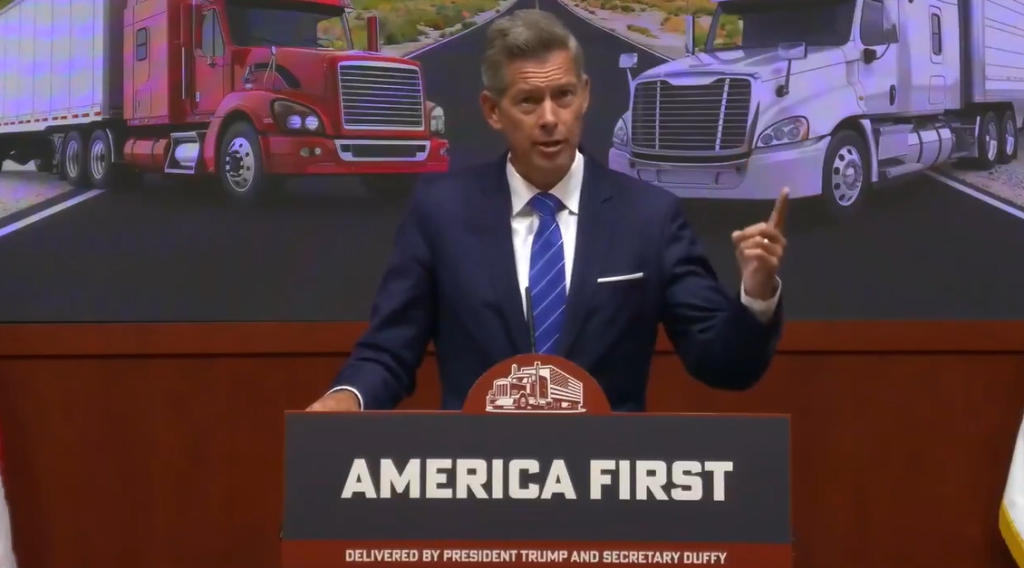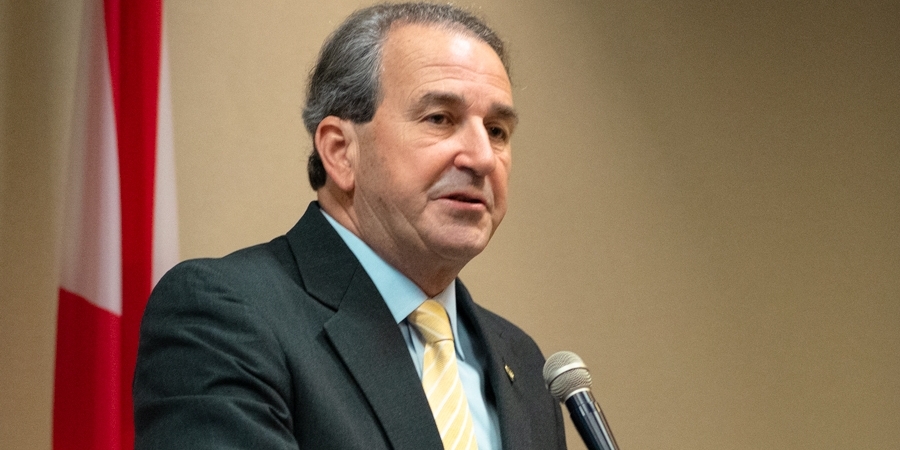The director of the Alabama Department of Transportation has been accused of acting in bad faith related to a bridge project in Baldwin County.
In a ruling Wednesday, State Judge Jimmy Pool released an 80-page order accusing ALDOT Director John Cooper of acting in bad faith and intentionally attempting to put a private company out of business while concealing his efforts from the public.
ALDOT said it plans to appeal the ruling.
Pool issued an injunction to halt any construction of a state bridge across the intracoastal waterway in Baldwin County. The judge’s order said the evidence “overwhelmingly demonstrates that Director Cooper has acted in bad faith toward BCBC (Baldwin County Bridge Co.) in connection with his decision to build a new bridge.”
The project, including related roadways, was projected to cost more than $120 million.
Despite years of negotiations between Cooper, ALDOT, and the bridge company, the court testimony revealed Cooper’s negotiations were conducted in bad faith, according to a statement from Joe Espy, attorney for BCBC.
Cooper allegedly had no intention of reaching an agreement with the bridge company. Adding to the controversy, ALDOT staff was instructed to remove the phrase “good faith” from a press release initially characterizing Cooper’s discussions as “good faith negotiations,” the statement said.
The judge’s findings raise questions about the accountability of the project, Espy’s statement said.
Cooper testified that he had not discussed the project with Gov. Kay Ivey except for a single mention during a meeting when she first assumed office.
“Today is a victory for the rule of law and the citizens of Alabama,” said Espy. “People in positions of authority representing the government cannot do or say anything they want. When government officials attempt to target businesses through bad faith, the courts of Alabama will hold them accountable.”
The ruling also criticized Cooper’s assertion that he had unilateral authority, a claim the court found inappropriate for his role. The judge countered, “Director Cooper is not above the law and is not permitted to act in bad faith.”
ALDOT said it was disappointed in the ruling and a public bridge is needed.
“We are disappointed in the decision because it’s clear that a new, free bridge is needed to help alleviate traffic congestion and offer a new evacuation option to residents and visitors to Alabama’s Gulf Coast,” ALDOT spokesman Tony Harris said in a statement. “Years of negotiations with the private toll bridge company failed to deliver a solution.
The public benefit of a new, free bridge should outweigh the interests of the private toll bridge company. ALDOT will file a notice of appeal with the Alabama Supreme Court.”
Gov. Kay Ivey’s spokeswoman Gina Maiola said in a statement: “The bottom line is that Governor Ivey is focused on creating a free access road to alleviate congestion in Baldwin County, and who could argue with that during beach and hurricane season?”
Gulf Shores Mayor Robert Craft agreed and said the ruling could unnecessarily delay the much-needed infrastructure project for the region.
“The need for a new, free bridge is obvious. Baldwin County is the fastest growing county in Alabama, and our beach communities bring in more than 8 million visitors annually,” Craft said.
“The Highway 59 bridge is F-rated and woefully over capacity nine months out of the year. On peak travel weekends – like this weekend – it can take over one hour to drive the 11 miles from north of Foley to the Beach Boulevard. This is a problem not just for tourist traffic flow, but for residents going to work, emergency vehicles taking people to the hospital, first responders en route to an incident, and for hurricane evacuations.”
“Today’s ruling is unfortunate,” he said.
Grayson Everett is a staff writer for Yellowhammer News. You can follow him on Twitter @Grayson270 for coverage of the 2023 legislative session.













